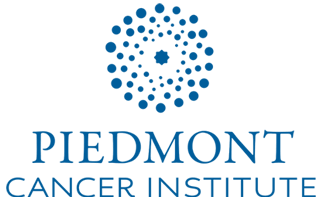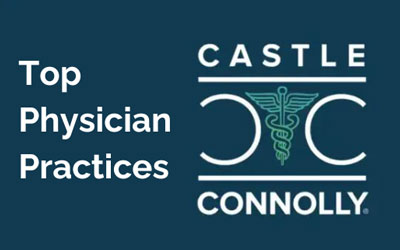Cancer Caregiver Resources
Supporting the Supporters: Resources for Cancer Caregivers
Behind every patient is often a caregiver, a spouse, parent, child, or close friend, providing physical, emotional, and logistical support. While cancer care focuses on the patient, caregivers play a vital role in daily life, medical appointments, and long-term healing.
Being a caregiver can be both meaningful and overwhelming. That's why caregivers need support too. Whether you are stepping into this role for the first time or have been supporting a loved one for years, there are resources and strategies that can help.
Understanding the Caregiver's Role
Caregivers are often responsible for tasks that extend far beyond what they expected. You may find yourself:
- Driving to and from appointments
- Managing medications and side effects
- Helping with meals, bathing, and mobility
- Tracking symptoms and communicating with the care team
- Offering emotional encouragement
- Handling insurance or financial paperwork
Acknowledging the scope of your role is the first step toward finding balance and support.
Common Challenges Caregivers Experience
It is normal to feel tired, uncertain, or emotionally drained. Some of the most common challenges include:
- Physical exhaustion and poor sleep
- Anxiety or fear about the future
- Feelings of guilt for needing personal time
- Financial strain or employment challenges
- Social isolation or lack of personal support
Taking care of your own health and well-being is not selfish, it is necessary.
Self-Care for Caregivers
Caring for yourself improves your ability to care for someone else. Here are some ways to protect your health and energy:
- Take breaks when possible. Even a few minutes can reset your mind.
- Stay connected. Reach out to friends, join a support group, or talk to others in similar roles.
- Ask for help. Family, neighbors, or professional services can take tasks off your plate.
- Prioritize your health. Keep up with medical your own appointments, sleep, hydration, and meals.
- Seek emotional support. Consider speaking with a counselor or therapist.
- Set realistic expectations. You cannot do everything, and that is okay.
Helpful Resources for Cancer Caregivers
You are not alone, reach out to our social work department at socialwork@piedmontcancerinstitute.com.
A Final Reminder: Caregivers Need Care Too
Caregiving can be a powerful expression of love, but it can also take a toll on your mental, emotional, and physical health. You are doing an incredible job, and you deserve the same compassion and support you give to others.
Make time to rest. Ask for help when you need it. And remember that being a strong caregiver includes caring for yourself.
Caregiver Support Group
PCI facilitates a Caregiver Support Group at our Stockbridge office for the families and caregivers of PCI patients.





















